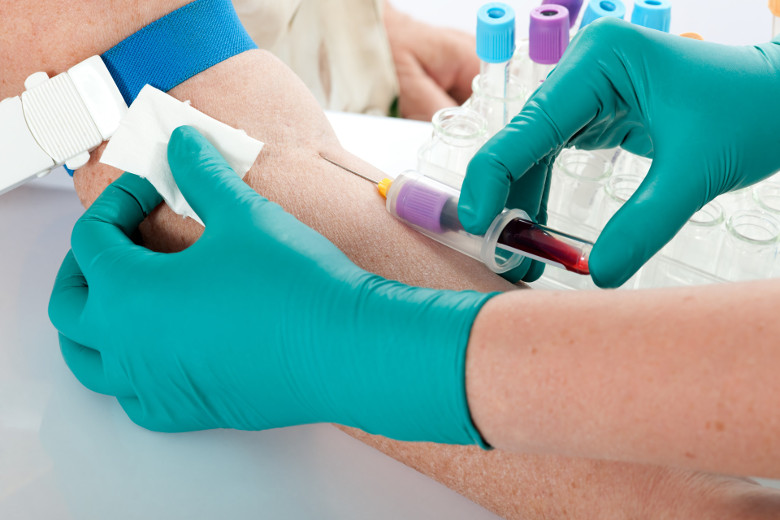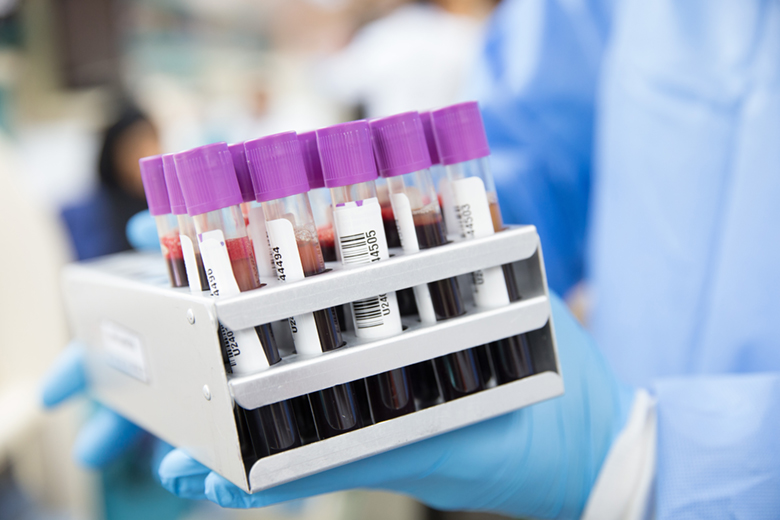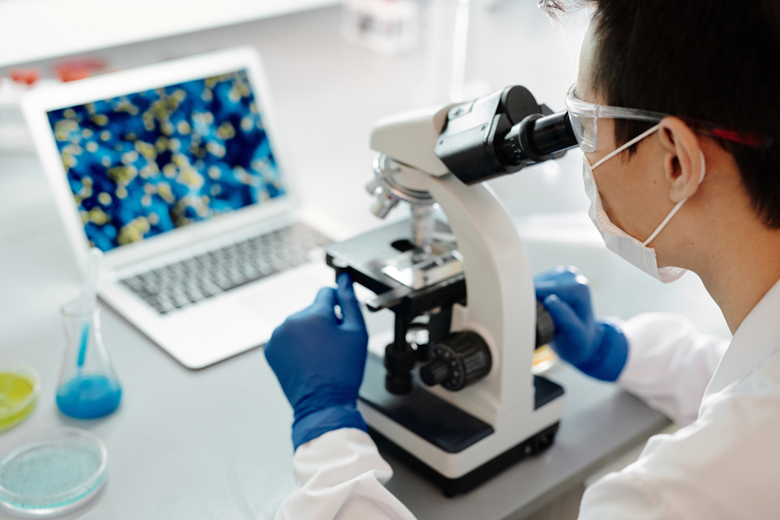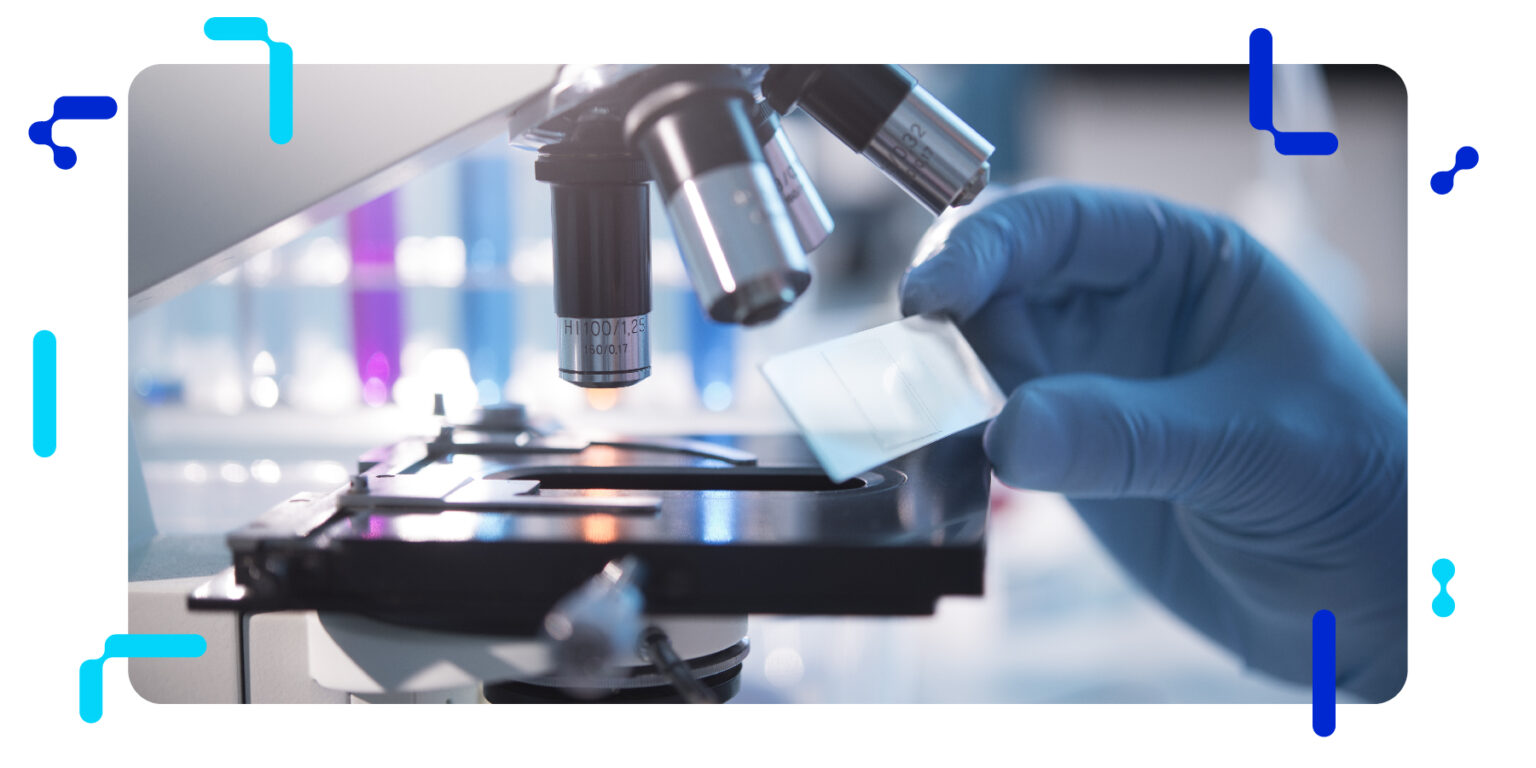
What will happen to my specimen?
Pathology is a medical specialty that focuses on determining the cause and nature of diseases.
Throughout childhood, adulthood and old age, pathology continues to help prevent, diagnose and treat infections, allergies, chronic diseases, cancer and countless other medical conditions. Pathology laboratories examine and test body tissues (e.g. biopsies, pap smears) and fluids (e.g. blood, urine) which help doctors diagnose and treat patients correctly.
THE IMPORTANCE OF PATHOLOGY
100%
of cancer is diagnosed by Pathologists and Scientists looking down microscopes
70%
of medical treatments, diagnosis and discharge decisions are based on pathology test results
50,000,000+
Over 50 million tests
performed annually at Innoquest

From birth to old age, everyone uses pathology
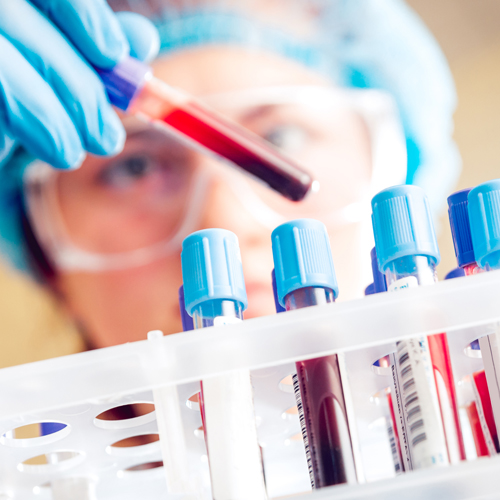
1 small sample can reveal millions of insights about you
Pathology testing process
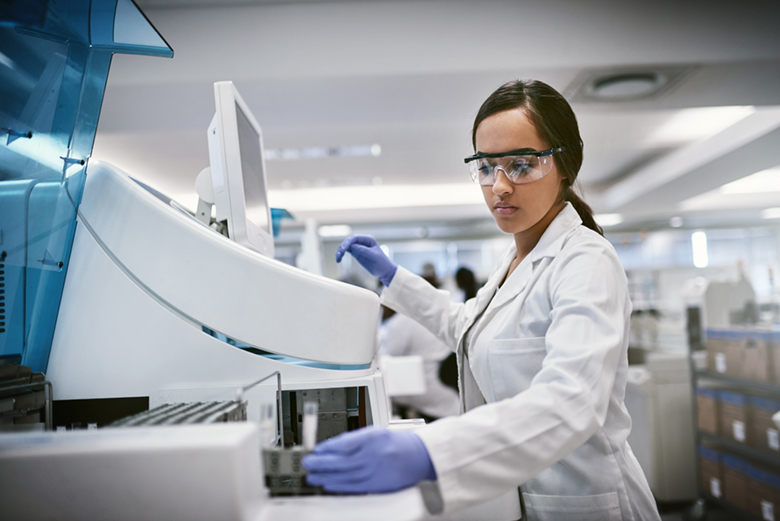
The patient’s requested test/s is entered into the laboratory information system (LIS). The specimen is bar-coded for identification at the lab.



